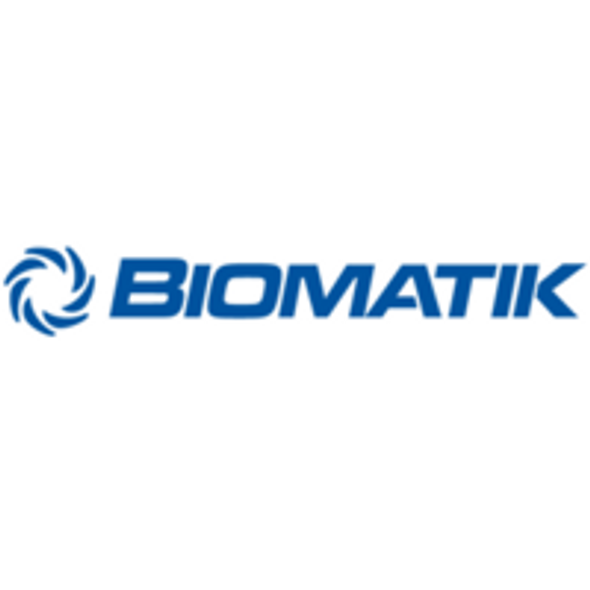Description
TXK Polyclonal Antibodyis available at Gentaur for next week delivery.
Specificity:
Alternative Names: P42681
Immunogen: Recombinant Human Tyrosine-protein kinase TXK protein (32-83AA)
Technical Notes: For Research Use Only. Not for use in diagnostic procedures, drug use, or for administration to humans or animals.
Application: ELISA, WB, IHC, IF; Recommended dilution: WB:1:500-1:5000, IHC:1:20-1:200, IF:1:50-1:200
Restriction:
Comments: Preservative: 0.03% Proclin 300; Constituents: 50% Glycerol, 0.01M PBS, PH 7.4; Non-receptor tyrosine kinase that plays a redundant role with ITK in regulation of the adaptive immune response. Regulates the development, function and differentiation of conventional T-cells and nonconventional NKT-cells. When antigen presenting cells (APC) activate T-cell receptor (TCR), a series of phosphorylation lead to the recruitment of TXK to the cell membrane, where it is phosphorylated at Tyr-420. Phosphorylation leads to TXK full activation. Contributes also to signaling from many receptors and participates in multiple downstream pathways, including regulation of the actin cytoskeleton. Like ITK, can phosphorylate PLCG1, leading to its localization in lipid rafts and activation, followed by subsequent cleavage of its substrates. In turn, the endoplasmic reticulum releases calcium in the cytoplasm and the nuclear activator of activated T-cells (NFAT) translocates into the nucleus to perform its transcriptional duty. With PARP1 and EEF1A1, TXK forms a complex that acts as a T-helper 1 (Th1) cell-specific transcription factor and binds the promoter of IFNG to directly regulate its transcription, and is thus involved importantly in Th1 cytokine production. Phosphorylates both PARP1 and EEF1A1. Phosphorylates also key sites in LCP2 leading to the up-regulation of Th1 preferred cytokine IL-2. Phosphorylates 'Tyr-201' of CTLA4 which leads to the association of PI-3 kinase with the CTLA4 receptor.
Additional Information
Species Reactivity: |
Human, Rat |
Size: |
100ug |
Host: |
Rabbit |
Clonality: |
Polyclonal |
Concentration: |
-20°C |
Storage: |
1 year |
Expiry Date: |
Ice packs |
Shipping Condition: |
Conjugation service and the corresponding secondary antibody are available. |






